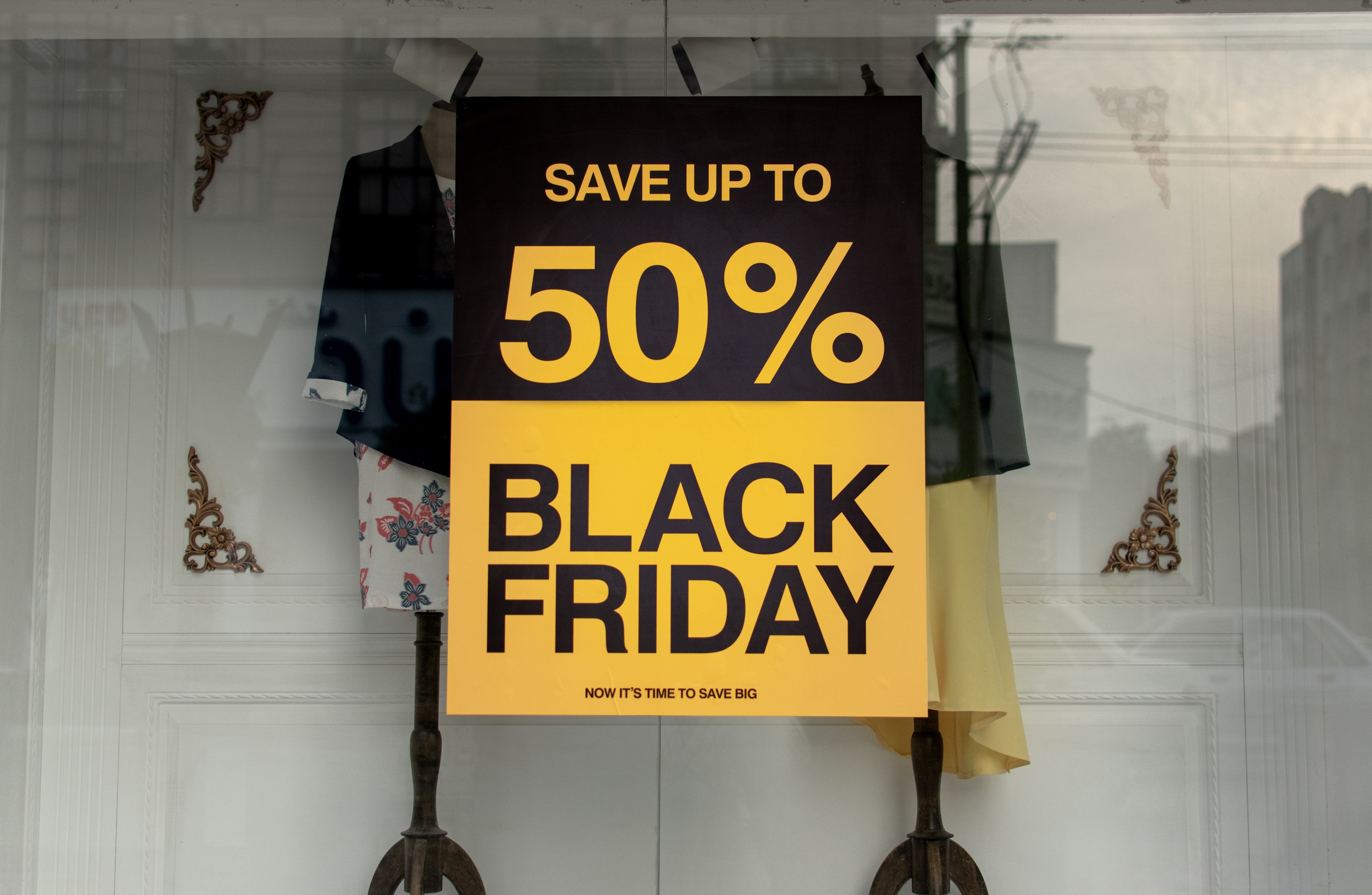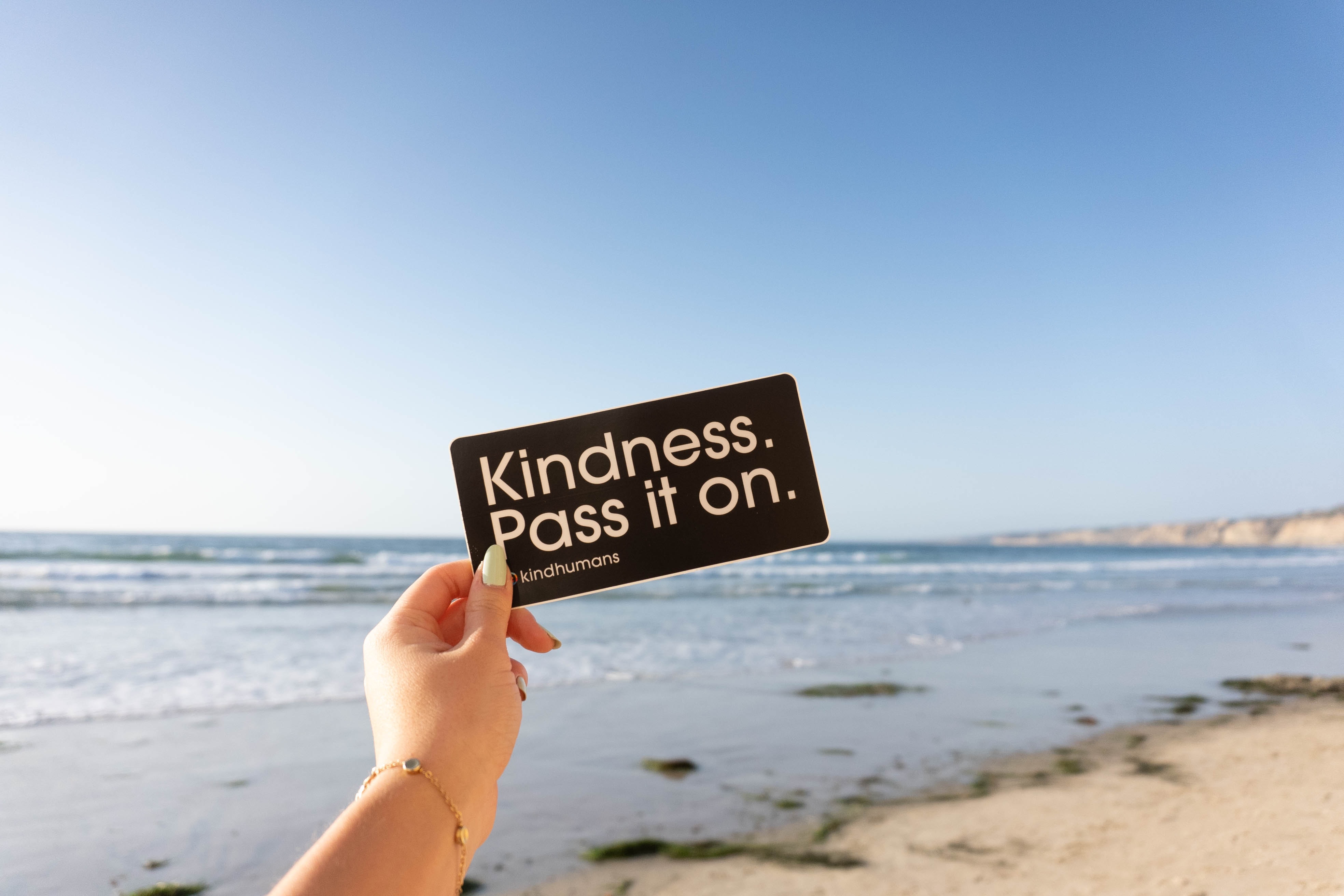That thing about the machinery of capitalism being oiled with the blood of the workers.
Yeah that one. The one that was so flippantly referenced by Homer Simpson, is perhaps maybe a tad melodramatic. But it’s origins in the communist manifesto, created by Marx and Engels 150 years earlier in Chetham’s Library in Manchester are embedded in gritty reality. Deeply moved by the injustice of the grinding poverty in the northern slums, the absence of governmental help and the vast chasm that existed between rich and poor, their pen lit a fire that spread around the world.
That chasm was one that others felt compelled to bridge as well. Benevolent Victorian merchants with a strong sense of civic responsibility started to give back. Fuelled by the incredible wealth that the Industrial Revolution brought to some, way back in the 1880s, these brands knew they had to step up and step in to level the playing field a bit.
The name Rowntree we associate with KitKat and Fruit Pastilles, but it should also lead you to a radical stand taken against the appalling conditions in Victorian factories. Joseph Rowntree was driven by a desire to make society a better place. Once called “one of Britain's greatest and most interesting philanthropists”, he designed the factory, the heart of his power and wealth, on the proposition that employees ‘should never merely be regarded as cogs in an industrial machine, but rather as fellow workers in a great industry’. From a proper pension, to a works council, to a profit-sharing scheme, to a massive housing project to lift them out of slum conditions, they got to so many things long before anyone else. And as a legacy the foundation that bears his name today, is still working to solve UK poverty. That’s making a proper difference.
A little further down the confectionary aisle, and a little further south and you reach the Cadbury brothers. There we have George postulating ‘No man ought to be condemned to live in a place where a rose cannot grow’ as they built a huge new factory and a massive housing estate for the workforce outside of Birmingham. They called it Bournville (it’s still there today). They had facilities that were unheard of, it must have seemed like a dream. Factory gardens, swimming pools, football, hockey and cricket pitches, a school, morning prayer, the whole nine yards. You had people who were living in houses without inside toilets one day, waking up to fruit trees in the garden the next. CSR on steroids. You could call it kindness. You could call it philanthropy. But you could also call it good business.
And we sit and talk about creating brands that ‘people actually want to exist’. We really are paddling in the shallow end, aren’t we? These guys knew how to ‘build a community’.
I think for a long time we all forgot our sense of civic responsibility.
There’s been an unpleasant flurry of self-interest that has been around for decades. Oddly Covid has uncovered both the problem and the solution. Undoubtedly it has put massive pressure on household income, tipped many into poverty, and the heightened anxiety of that sword of Damocles has led to a deterioration in many people’s mental health. The furlough scheme is getting shut down and will cast even more of us adrift into the wilderness that the poor bloody freelancers have never left. Add to that the pressure of living on top of each other every day, day after day, the sad rise in domestic violence and the massive spike in the consumption of alcohol and the comparisons with Victorian squalor aren’t too far-fetched. But there is hope. As well as sourdough, yoga and organic vegetables, I think we have all grown to appreciate other humans more over the last nine months. We can see the kindness. The gentleness. We are more forgiving. More ready to help. Whether it’s showing you care by clapping out of the window, shopping for your elderly neighbour (I actually met my neighbours) or opening hotels for the homeless. Manufacturing sanitizer or ventilators mattered. All of that is remembered. But looking forward I think you can see a new Brand Philanthropy starting to emerge as a theme.
Here's the thing, like Cadbury or Rowntree, you need to take a stand. You need to make a difference. And for principles to mean anything they have to cost you something. Look at Tesco returning £584 million in Business Rates relief. That’s not just a gesture. “We are conscious of our responsibility to society’ said John Allen. Ethics are coming back into the boardroom. Morrison’s fell in line and committed to repay £274 million soon after. And suddenly you can hope for the domino effect. Every little helps right.
But it's morality as much as money.
The supermarkets seem to be emerging as the moral compass of Britain’s business community. We all saw Aldi, Asda, Co-op, Iceland, M&S, Sainsbury’s, Tesco and Waitrose run primetime ads to stand together in the face of the frankly repugnant reaction from a minority over Sainsbury’s ‘the gravy song’. Retail is a bear pit. And for this to happen in the run-up to Christmas, the most competitive time in a fiercely competitive business is unprecedented.
Like opposing soldiers playing football between the trenches on Christmas day, for these behemoths to put down their weapons and come together as a single voice of solidarity perhaps gives us hope that the kindness, the deep appreciation of our fellow humans that has resurged during lockdown, might be here to stay.

Let’s hope that Brand Philanthropy is back.
Patagonia literally wear their heart on their sleeve, by proclaiming ‘vote the assholes out’ on their labels. Ben & Jerry’s honour the activism of ‘taking a knee’ with their new vegan ‘Change the Whirled’ flavour by Colin Kaepernick and give a scoop of the proceeds to his charity Know Your Rights Camp. And just look at the Black Friday Backlash that’s rejecting hyper-consumerism with brands like Allbirds, GiffGaff and again Patagonia asking consumers not to spend money that they can’t afford... there’s a proper responsible Victorian brand value that Rowntree would recognise.
We need to hold on tight to this kindness.
This civic responsibility. I know there was Brand Philanthropy before Covid, but the pandemic has accelerated many things. And brands have got used to ‘doing good’ during lockdown. It’s become something that consumers expect now as well. Let’s hope this Covid kickstart propels us back to Victorian values. To a world where we look after those people who are incredibly precious to our businesses. And where kindness, far from being gentle, is actually seen as good business.

The Liberty Guild believes that all of us who own a business, brand or agency have to stand up for our principles. And that those principles inevitably will cost you something. We are just a scrappy scale up, but we are on the road to being certified as a B-Corp. Because ethics matter. We offered free psychiatric therapy to all our 300 members in the middle of lockdown. Because mental wellness matters. And throughout the lockdown we carried on paying contractors early and didn’t furlough anyone or let anyone go. Because people matter. Follow The Liberty Guild on LinkedIn
This article appeared in the January 2021 issue of Marketing Society members-only publication Empower. Learn more about becoming a member of the Society, which includes Empower and many other benefits.



